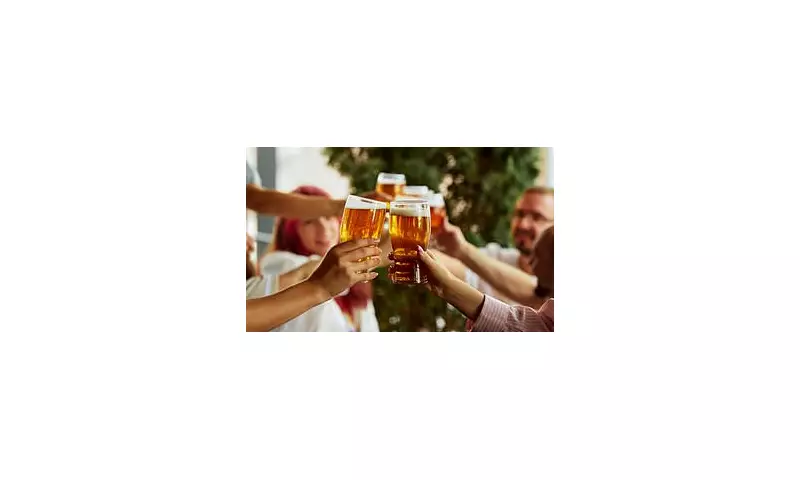
The annual Ig Nobel Awards have once again celebrated the weird and wonderful in scientific research, and this year's Chemistry prize has left everyone raising a glass. A groundbreaking study, which conclusively proves that a moderate dose of alcohol can improve a person's self-perceived ability to speak a foreign language, has taken home the coveted honour.
The research, a collaboration between the UK's University of Liverpool and the University of Maastricht in the Netherlands, involved 50 German students who were studying Dutch. In a beautifully designed experiment, half were given a low dose of alcohol to drink, while the other half received a non-alcoholic control beverage.
The Experiment: A Toast to Linguistics
The participants were then asked to engage in a structured conversation in Dutch with a native speaker who was unaware of who had consumed alcohol. The results were clear: not only did the participants who had alcohol believe they had performed better, but when independent native Dutch speakers assessed the recordings, they actually awarded them higher scores for their pronunciation.
This fascinating finding suggests that a little 'liquid courage' doesn't just boost confidence—it might genuinely lubricate the tongue and ease the social anxiety that often hampers language learners, allowing for a more fluent and authentic accent.
More Than Just a Pub Fact
While the premise might sound like a well-known pub myth, the research was conducted with full scientific rigour. The alcohol dose was carefully measured against each participant's body weight, and the study was double-blinded to ensure unbiased results. This meticulous methodology is precisely what impressed the Ig Nobel committee, which honours achievements that first make people laugh, and then make them think.
The awards, a parody of the prestigious Nobel Prizes, are organised by the scientific humour magazine Annals of Improbable Research and are presented at a ceremony at Harvard University.
So, the next time you're struggling to order a coffee abroad, this award-winning science suggests a cheeky pint might just be the secret ingredient you need for perfect pronunciation. Cheers to that!





